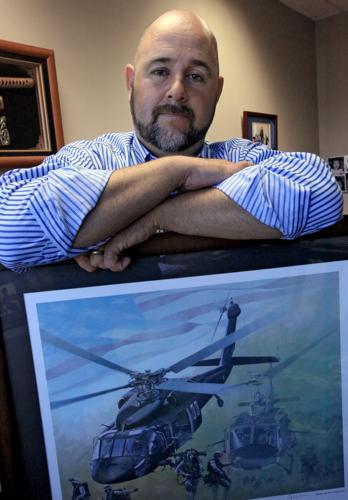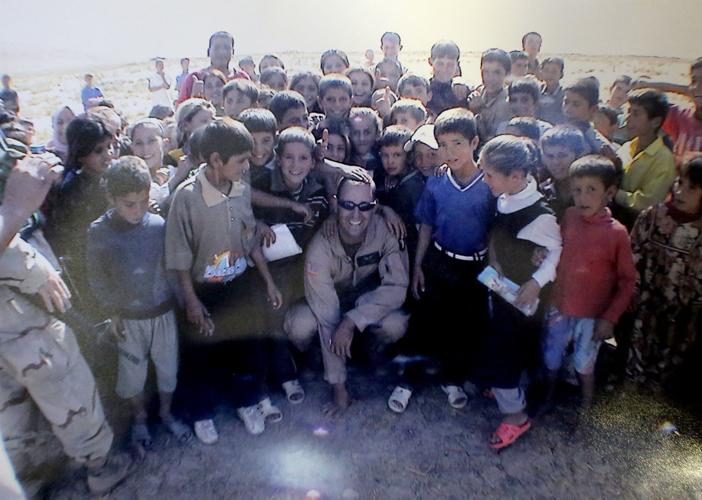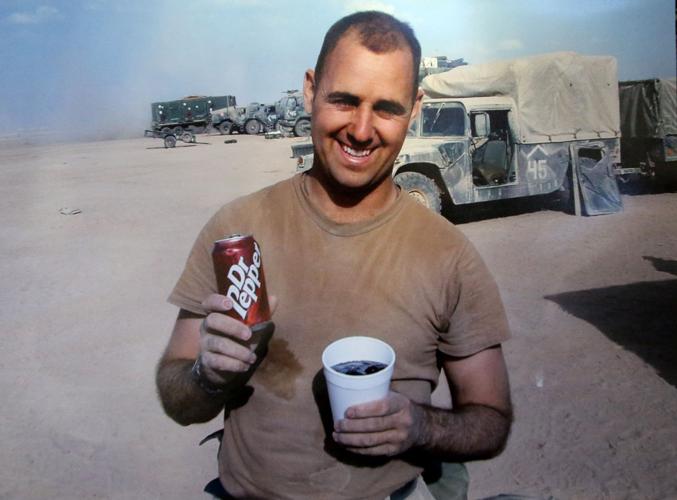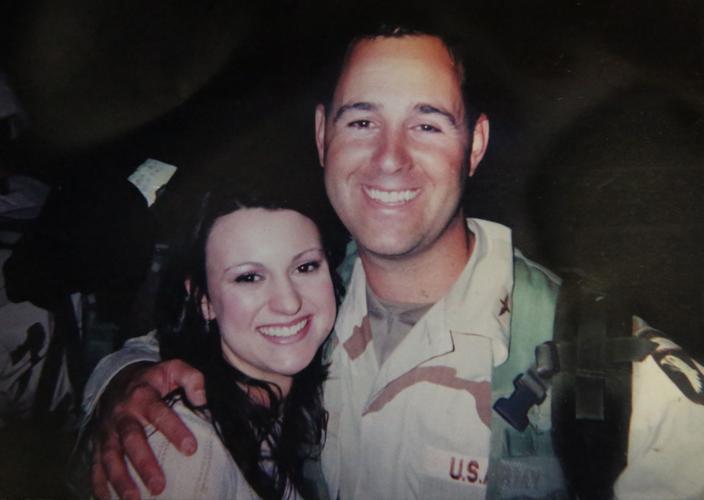Brett Rustand served his country and now spends his free time serving his fellow veterans.
“I don’t know if it was before the military or if the military created it in me, but I know that lots of people — the vast majority of veterans coming out of the service — carry with them a desire to serve,” he said.
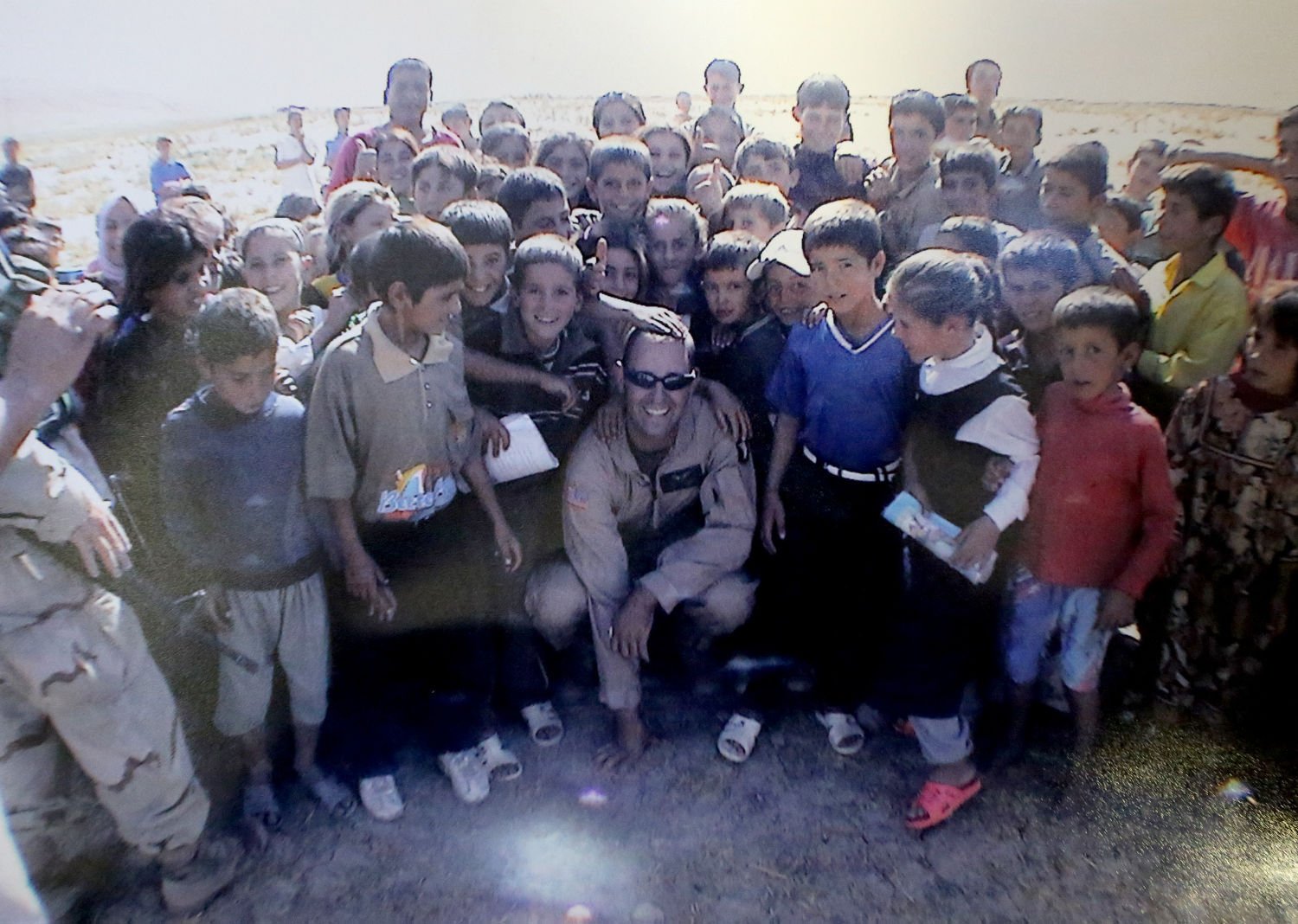 |
Rustand’s first military experience was competing in an ROTC Ranger Challenge competition with his good friend and college roommate, Ben Shaha.
“I realized it was something that I absolutely loved … and so I jumped right in,” Rustand said.
His plan had been to go to law school, but instead he commissioned in the aviation branch of the Army in 1999. He went to flight school at Fort Rucker in Alabama and became a Black Hawk helicopter pilot.
He was assigned to the 101st Airborne in Fort Campbell in Kentucky and served nine years in the Army, including tours in Operation Enduring Freedom and Operation Iraqi Freedom in Baghdad, Mosul and Tal Afar.
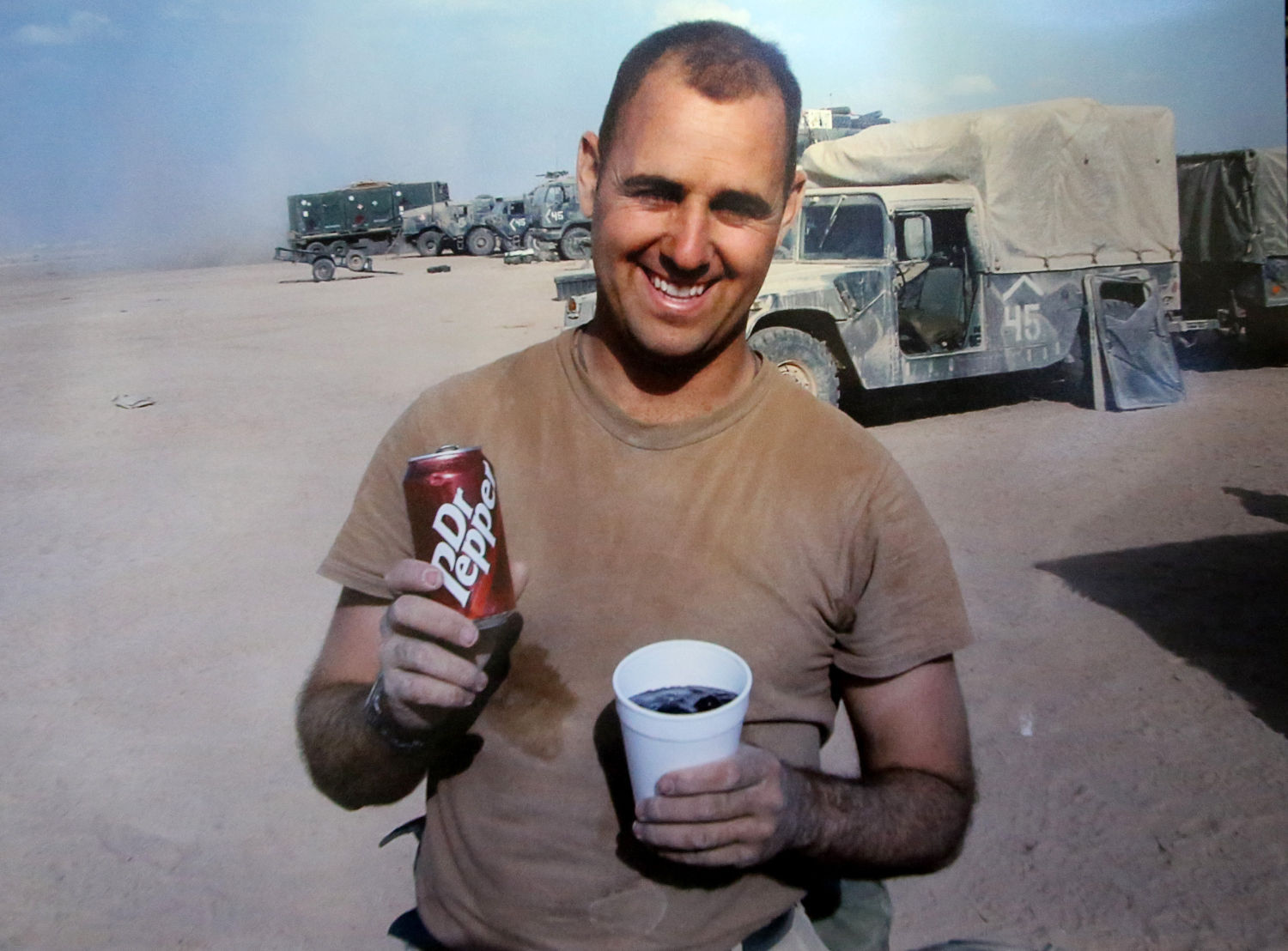 |
“I loved working with the people and I loved after the fact working on all the great things we were able to do after the initial combat role,” Rustand said. “We transitioned into helping build schools and roads and getting the trains back running, and that was really amazing.”
After two years commanding an aviation unit in Korea, he and his family decided to move home to Tucson, where Rustand grew up. He and wife, Amy, have four children, Mason, Mya, Porter and Piper.
Once back in Tucson, Rus-tand helped create Rally Point, a program that helped connect a younger generation of veterans with social services.
He also serves as a board member of the Community Partnership of Southern Arizona, a nonprofit behavioral-health services group; Fisher House, which is constructing a home for veterans’ families to stay in while a veteran receives treatment at the VA hospital; and the Boy Scouts Catalina Council.
 |
Rustand is chair of the advisory commission for the Arizona Department of Veterans Services, which advises the governor and the agency director on policy related to veterans, including transitions and jobs, housing and homelessness, long-term care homes and cemeteries.
“Changing the perspective is really what we’re about,” he said. “It’s about seeing veterans not as a problem but as the solution.”


